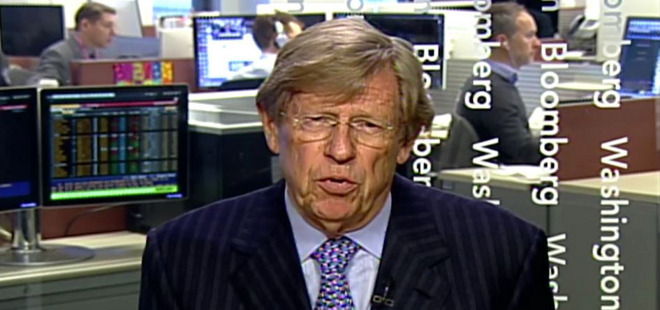Appearing in a TV interview on Wednesday, Apple lawyer Ted Olson once again called for the U.S. Congress and not courts to decide whether the company can be made to crack a device's security, suggesting that relying on courts could deliver a piecemeal approach.

"You might have one court going one way and another court going another way," Olson told Bloomberg. "If you do this on a case-by-case basis, you're going to have different outcomes." The comment was in response to a recent argument by U.S. Attorney General Loretta Lynch that encryption-related cases should be judged one at a time.
Olson nevertheless cited a recent decision by a New York federal judge as supporting the view that Apple can't be forced to build a way into the iPhone of San Bernardino shooter Syed Farook. In a separate case involving the iPhone of a suspected drug trafficker, New York Magistrate Judge James Orenstein ruled that asking Apple to build and distribute a vulnerable operating system would impose an "unreasonable burden" on the company.
Apple has a reponsibility to protect the privacy of its customers, Olson added.
"We're talking about the rights of Apple to make sure its iPhone has the integrity that it carefully built into it," he said. "Everyone has civil rights in this country, not just those accused of crime."
The debate in the San Bernardino case intensified on Tuesday as people like FBI Director James Comey and Apple general counsel Bruce Sewell testified in front of a House Judiciary Committee. The company has also filed a formal objection to the Central District of California's order to unlock the San Bernardino iPhone, making reference to the New York case.


